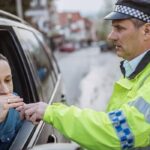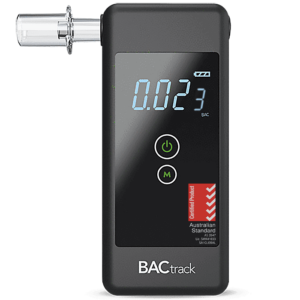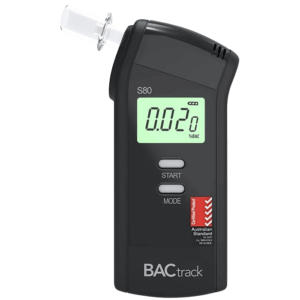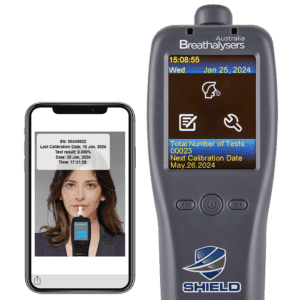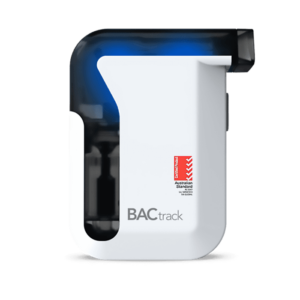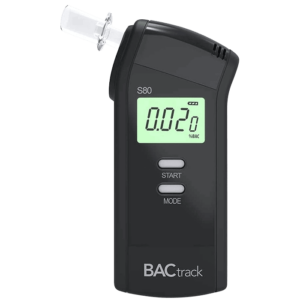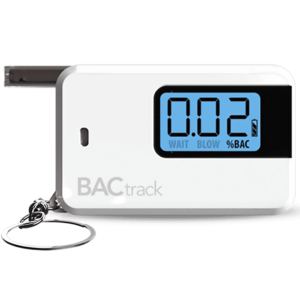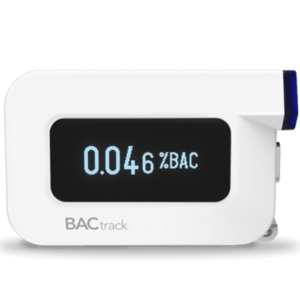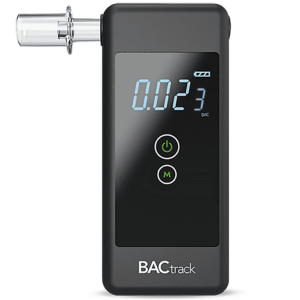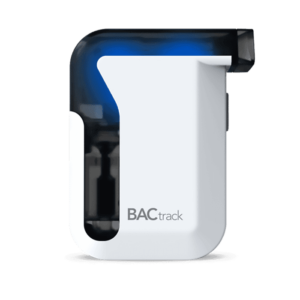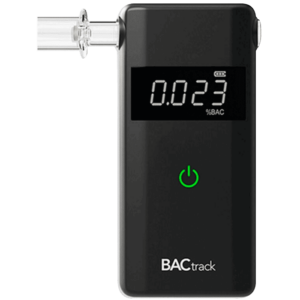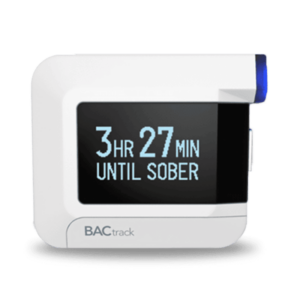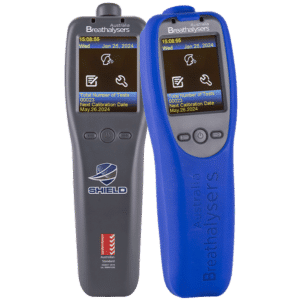How Roadside Breath Tests are Conducted
03 May, 2022
Breath Tests in New Zealand
New Zealand Police have used random Breath testing to detect alcohol-impaired drivers since 1969. Anyone in control of a vehicle or attempting to drive a car can be asked to conduct a random Breath Test. A Police officer may also test you when sitting in the driver’s seat of a stationary vehicle only however if they believe that you may be about to drive or have recently driven the car. They may also breathalyze you if you are supervising a Learner Driver from the passenger seat of a vehicle.
When Does a Breath Test Happen?
A Breath test is usually conducted at a roadside checkpoint, where passing motorists are required to submit to be tested. You may also be asked to submit to a breath test in other situations if a Police officer has reason to believe that you may be driving over the legal limit. Police will also do the testing after a road accident.
Do I Have to Agree to A Breath Test?
Generally, you cannot refuse a Police request for a breath sample. A breath test request can be refused based on medical grounds. However, if a doctor confirms that a breath test will not affect a person’s health, the test may go ahead. Not completing a breath test correctly, by not blowing hard enough or blowing intermittently is also considered refusal. Refusal can lead to more serious charges.
There are certain situations when a Police Officer cannot request you to complete a test. These Laws differ from State to State. In New South Wales for example, a police officer cannot ask you to perform a test if you have not driven for the last two hours. You also cannot be asked to complete a test if you are at your own home.
It is always a good idea to provide a breath sample, even if you think that the Police officer is not right in requesting it. If you dispute the test, in Court your cooperation will help your case. If you refuse a breath test and your refusal is later found to be wrong, you may charged with the level of a high range drink driving offense.
What Happens if I am Stopped for a Breath Test?
Generally, when stopped by Police for a Random Breath Test, the officer will request your driver’s license and will ask if you have drunk any alcohol that day. You will then be asked to either speak or blow at a breath screening unit or blow into a breathalyzer. A breath screening unit records the presence of alcohol on the breath with a yes/no type answer. It doesn’t show how much alcohol is present. A breathalyzer, on the other hand, will detect the level of alcohol in the breath.
If alcohol is found on your breath, Police will then require you to complete a breath test using a breathalyzer to measure the exact amount of alcohol present.
What happens next?
If the Breathalyzer records that you are under the New Zealand legal limit of 0.05, then you can continue on your journey. If, however, your results show that you are over 0.08 you will be arrested (without a warrant). You will then need to complete a breath analysis at either a mobile testing van, a police station, or a hospital. It may involve a second breath test with more advanced and accurate equipment or a blood test.
The officer must do a Breath Analysis Test within 2 hours of your initial arrest. Police are allowed to use “reasonable” force to take you to the Mobile van, Police Station, or hospital for your secondary testing.
Police are not allowed to give you the result of a roadside breath test. If you fail the second Breath Analysis test you will be charged. You will also be given a written statement of the result. This second test result is the one that will be used to charge you and will be evidence in Court. If you have a blood test, they will give a portion of the blood sample to you, and you can independently test it.
Other Results
There are other repercussions to being charged with a drink driving offense or failing a breath test. These can include loss of employment if you need to drive as part of your job, or require a vehicle to get to work. A drink driving charge will also affect your future car insurance premiums. You may have to pay a higher premium or higher excess for 3-5 years after the charge. This depends on the insurer. Some insurers will not cover you for a certain length of time after a charge.
There may also be social and public embarrassment associated with the charge. High level charges can be published in the media with your name on public record forever.



















